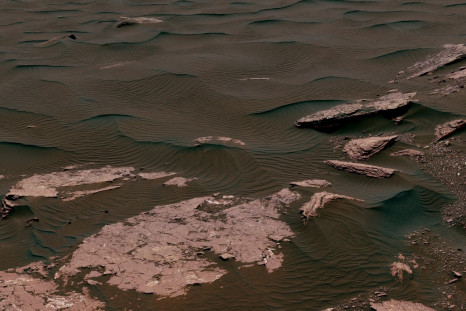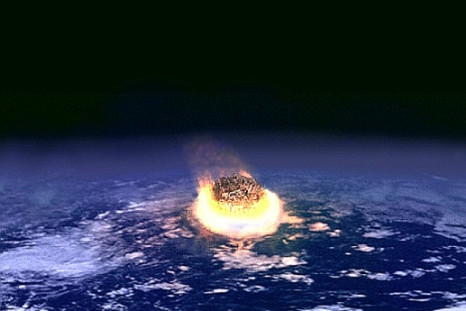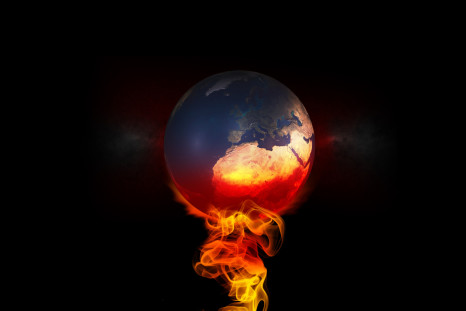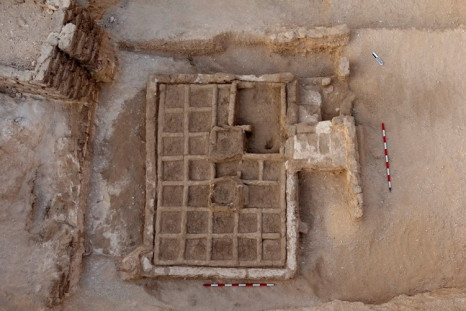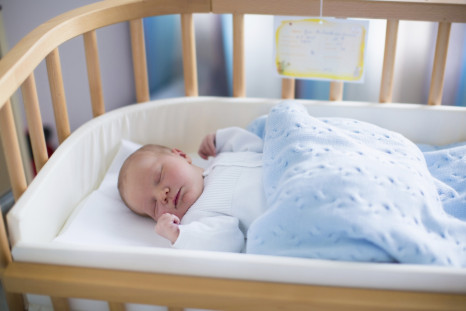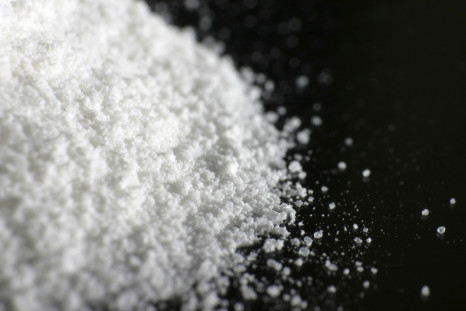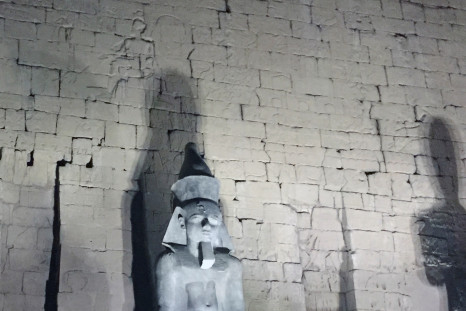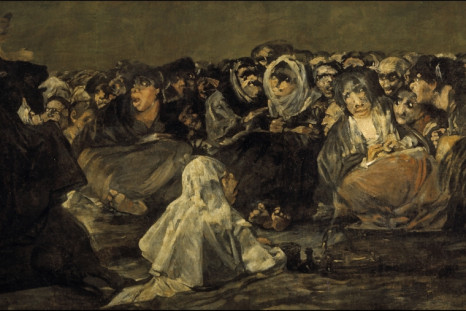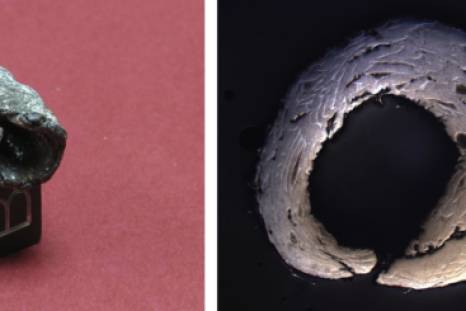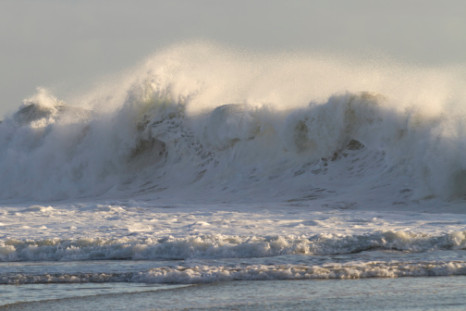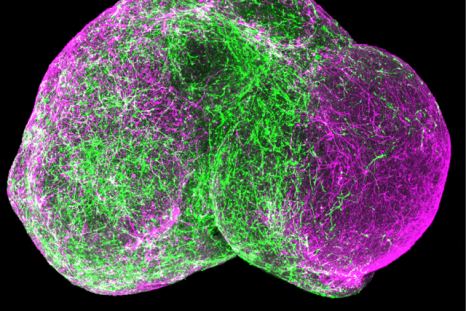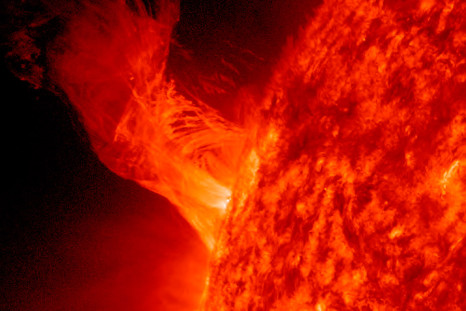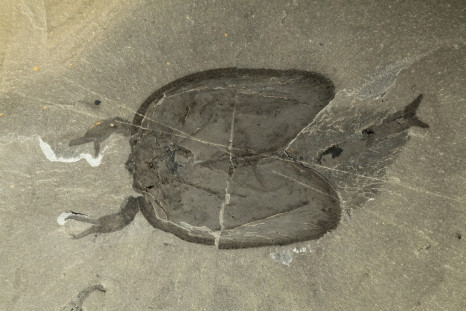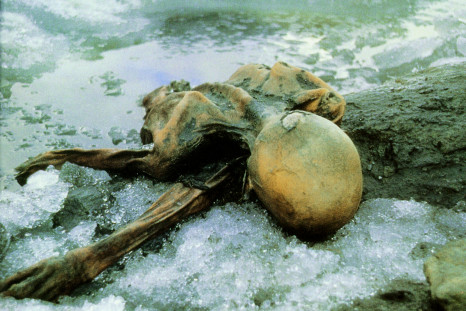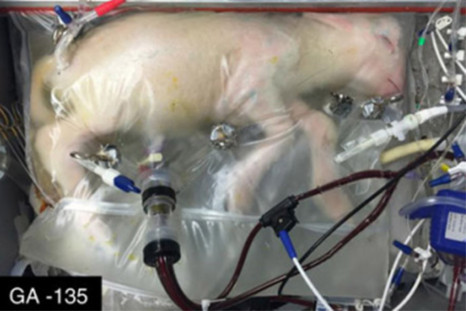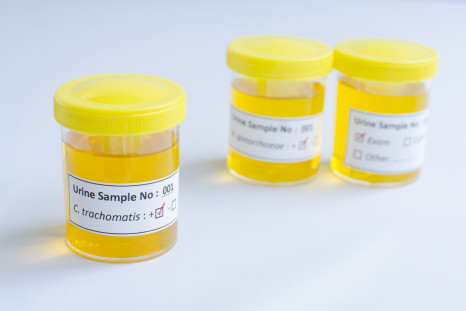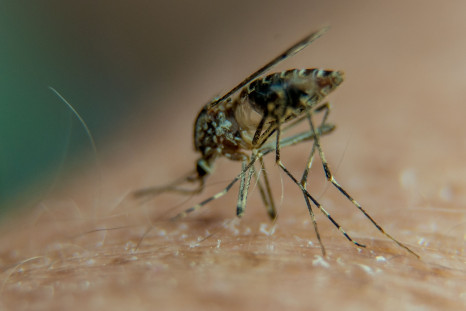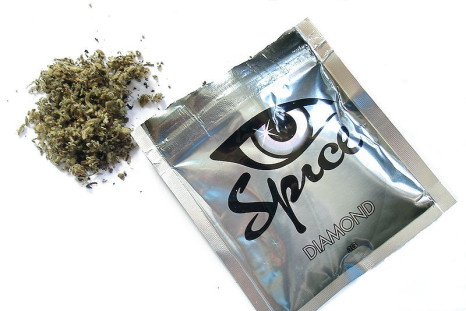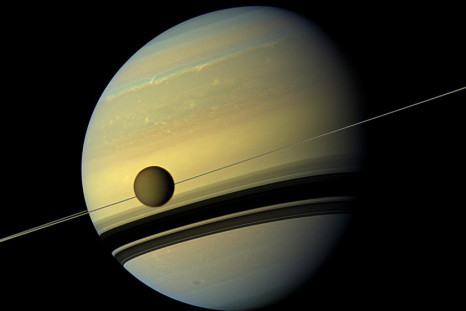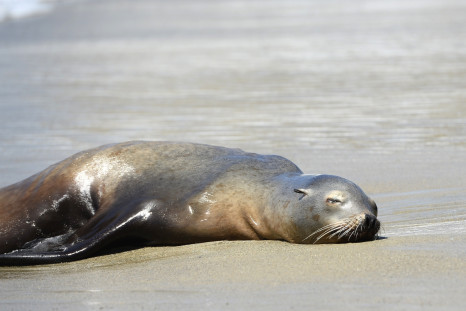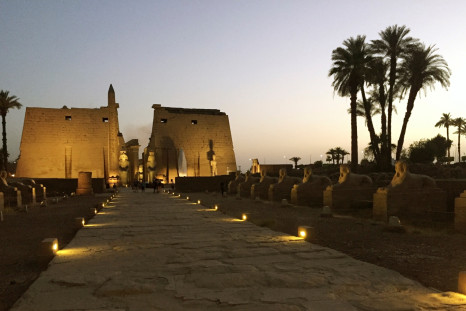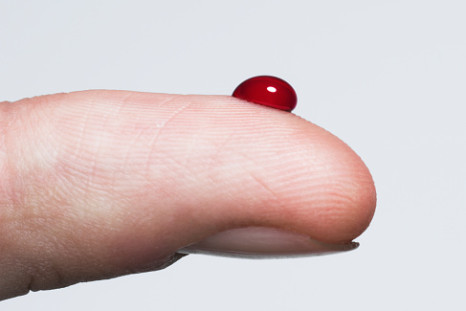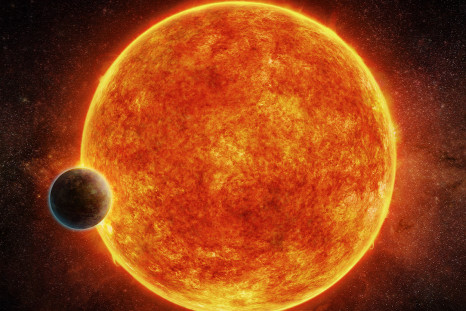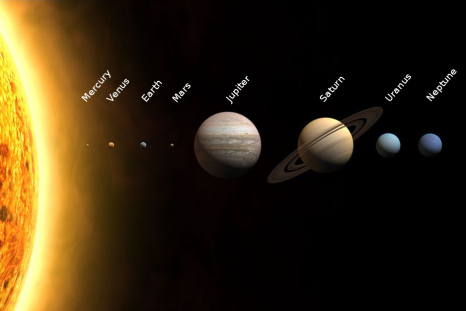Mars Curiosity Rover explores dark, mysterious Martian sand dunes
This is the first close-up study of sand dunes outside of Earth.
Massive asteroid impact crater in Falklands linked with Great Dying mass extinction
A basin in the Falkland Islands is believed to be one of the largest craters in the world.
Methane to methanol: Greenhouse gas turned into liquid fuel using water
Turning one of the most powerful greenhouse gases into methanol is a step forward in the fight against global warming.
Ancient Egypt: 4,000-year-old funerary garden discovered in Luxor sheds light on burial practices
Funerary gardens had previously only been known through iconography.
Is your baby in pain? Brain scan can detect physical suffering in infants
Babies are unable to express their pain - but non-invasive brain scans could help measure it.
Breast cancer: 43% of women unaware of reconstructive surgery risks
Breast reconstruction can boost body image but it does carry some risks.
Massive ketamine study reveals Botox also works against depression
Patients who took ketamine experienced a 50% drop in depression symptoms, but Botox appeared to help too.
Royal workshops of Pharaoh Ramesses II tell story of ancient copper trade
Copper was an important material in ancient Egypt but little was known about its origins.
Mystery disease that plagued Francisco Goya finally identified
Francisco Goya suffered from a mysterious illness in 1793 that left him deaf.
Scientists discover origins of ancient Hopewell culture's meteorite jewellery
The beads were discovered in a burial mound in Illinois in 1945 but until now where they came from had been a mystery.
Smoking in pregnancy increases risk of autism in grandchildren
Study may shed light on increasing number of children on autism spectrum.
We now know what causes the world's biggest tsunamis
Horizontal movements of the seafloor are involved in creating massive tsunamis, a finding which challenges years of science.
Brain created in a dish allows scientists to watch neural activity for the first time
The research could shed a light on a number of neurodevelopmental diseases.
What causes solar eruptions? Scientists find new clues to help us understand how they affect Earth
Scientists are trying to learn more about the Sun's activity to prepare for the impact of its eruptions on Earth.
Weird sea creature with 'can-opener' claws dates back 508 million years
Fossils of the creature known as Tokummia katalepsis have been found in the Marble Canyon Fossil deposit.
Arrow didn't kill Otzi the Iceman – instead he froze to death
Scientists have proposed a new theory about how the Tyrolean Iceman died
Prescribing PreP to prevent HIV does not increase risky sexual behaviours
PrEP can help prevent HIV infections.
Lamb fetuses have successfully grown in an artificial womb for the first time
Scientists hope the success will one day help revolutionise paediatric care of extremely premature babies.
Chemotherapy linked to increased risk of depression in cancer patients
Chemotherapy leaves cancer patients more vulnerable to depression by stopping birth of new neurons.
New drug targets could advance fight against sexually transmitted disease chlamydia
Chlamydia is one of the most common sexually transmitted diseases in the world.
World Malaria Day 2017: The long path to find a vaccine against one of world's greatest killers
Finding a vaccine would help eradicate malaria once and for all.
Genetic factors could be to blame for zombie drug Spice's worse side-effects
Spice users may be more at risk of serious side-effects than marijuana users.
Brightness of Saturn's largest Moon Titan provides new tool to study mysterious exoplanets
Titan is brighter at twilight that in daylight, according to a new study.
California sea lions threatened by poisonous algae damaging their brains
14 sea lions have died this April from domoic acid poisoning.
Stunning pictures show giant statue of Ramses II unveiled near the temple of Luxor
The statue was first discovered broken in 57 fragments and has just been restored.
Who did the Aztecs kill during their bloody sacrifices at Templo Mayor?
Research at Templo mayor and Templo R may provide new insights about where sacrificial subjects came from.
Incredible pictures from 3,500-year-old tomb full of mummies discovered in Luxor
It is thought to be the tomb of a nobleman called Userhat, a city judge who lived sometime between 1,500 BC to 1,000 BC.
Human umbilical cord blood boosts cognitive function in old mice
A protein called TIMP2 was identified in human plasma as having positive effects on cognition.
New rocky planet discovered 39 light years away from our Sun lies in "habitable zone"
The exoplanet LHS 1140b is transiting the small cool star with a circular orbit.
Follow astronaut Chris Hadfield on a journey through the Solar System in new documentary
The film, Miniverse, scales down the Solar System to the size of the US.


